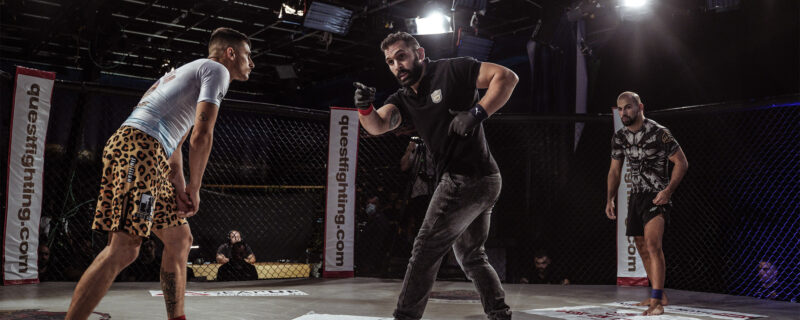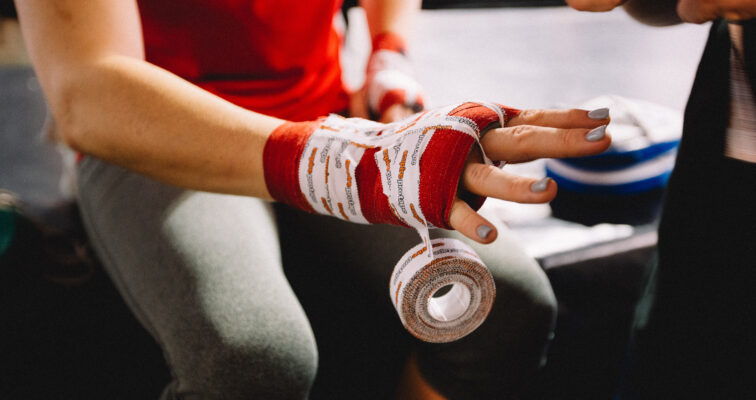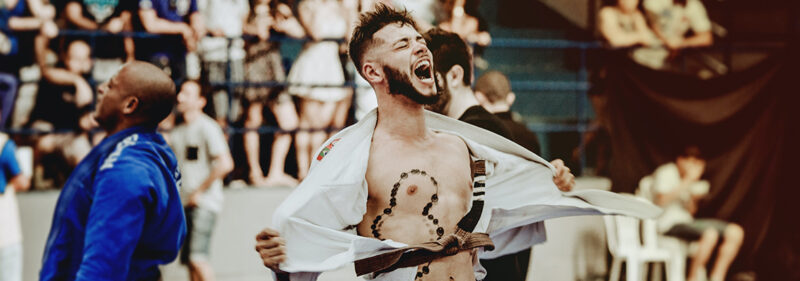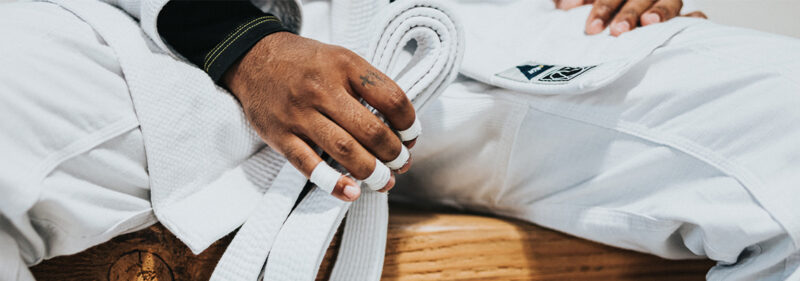When it comes to Brazilian Jiu-Jitsu, there is no off-season. Meaning, competitions are happening all year round. If you have the desire to compete but still would like to know a thing or two, this article is for you. We came up with a few things to think about before going into your first tournament. Here are some tips for your first BJJ competition!
Train Hard
For me personally, this is the most important piece of advice on this list. As I did my research for this post, I came upon a few articles and YouTube videos that were advocating the idea to go into your first tournament without any big changes to your regular training. I fully disagree. You are putting yourself in an extraordinary environment and you should adapt your training to that. The idea behind the aforementioned claim is, that you shouldn’t worry too much and just go try it. While this might work for some, it doesn’t work for me. I think preparing your body for the demands of a tournament is essential to you having a positive experience in your first competition. If you just recently started your Jiu-Jitsu journey, we have the perfect article just for you.
To be honest with you, my one single goal for my first competition was to not get injured. That is the reason I implemented a conditioning routine that made my body leaner and stronger. Of course, this doesn’t exclude you from getting injured but feeling strong puts you in a strong mindset. That was the key for me. After seeing my strength, speed, explosiveness, and agility steadily rise over a period of a couple weeks, I felt more confident than ever. Walking into a competition unprepared is not a good idea. The stress of the environment will most likely take a toll on your performance. The truth is, that under stressful situations most people don’t rise to the occasion. Most of us fall back to the minimal level of preparation. I’ve seen this over and over in regular life and I think it is especially true for sports.
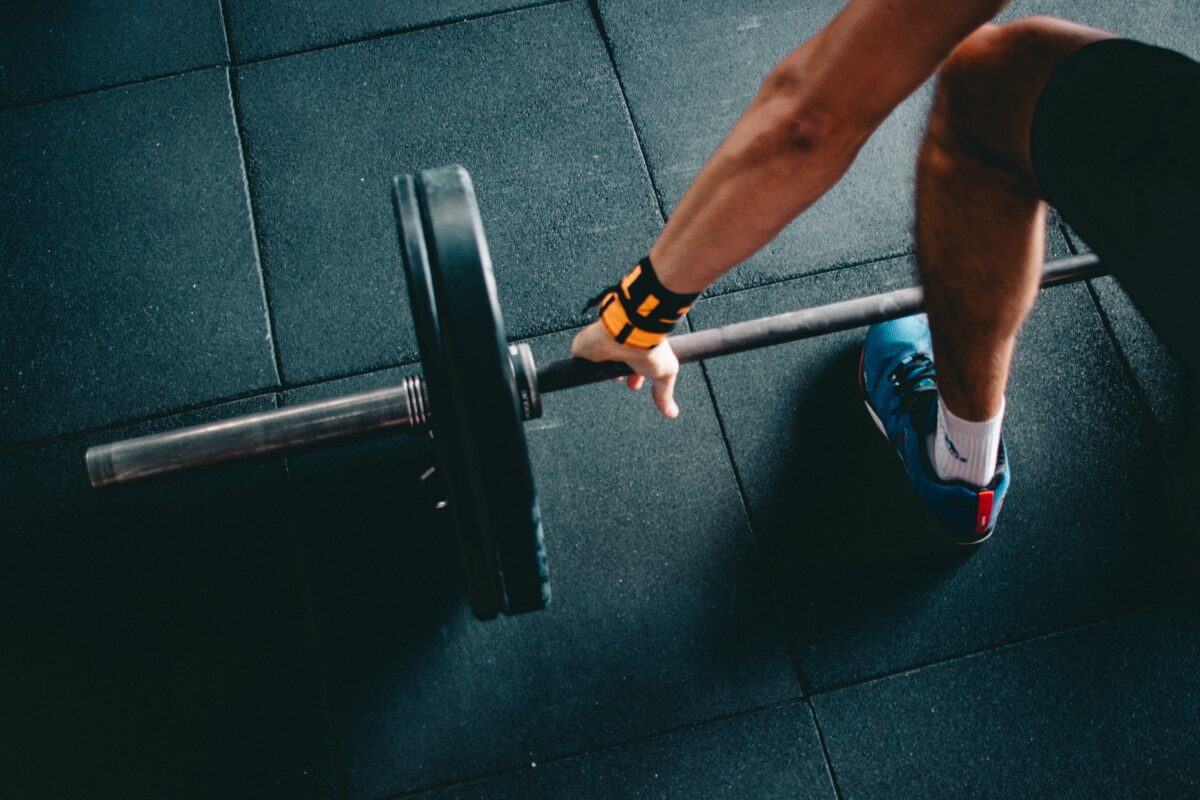
Apart from minimizing the possibility of getting injured, there is another factor that kept my motivation high at all times. I didn’t want to be able to blame myself for losing. My belief is, that you have to train as hard as you possibly can, leading up to a competition. I mean, kettlebells, HIIT, calisthenics, deadlifts, hard rolls, the whole deal. If you gave everything you have in training and you give everything you have in your match, it doesn´t matter if you lose. I know some might think otherwise and that’s cool. I disagree. We are talking about your first competition. It should be a fun experience for you, even if you lose all your matches.
The value you get from fighting and preparing yourself to fight is priceless. You are one of the few people in the world that decided to participate in a martial arts tournament. Most people don’t do that because it’s hard, uncomfortable, and dangerous. This is just a personal anecdote, but I think fighting and competing is deeply ingrained in our DNA, and once you step on the mat and start your first fight, you will feel it too. Winning and losing are just results. Snapshots in time. Your decision to fight is the prize. So, train hard and enjoy your first tournament.
If you are struggling to find a good bodyweight conditioning workout, the follwing video is for you:
Have a Plan
Most BJJ veterans I asked for advice before my first tournament, told me to develop a game plan. I started by asking myself the following questions:
- What takedown do I feel comfortable with and what do I do if it doesn’t work?
- If I decide to pull guard, what kind of guard will I play? Do I have a somewhat reliable sweep from that guard?
- If I hit my takedown perfectly, what do I do next?
- Do I have one solid attack / option from closed guard, half guard, side control, knee on belly, north south, mount and back mount?
As you might notice, all these questions revolve around attacking and advancing. While it is important to have escapes from every position, it doesn’t seem to make sense to build you game plan around defending, unless you have a lot of experience and know what you’re doing. As a first-time competitor, I suggest you focus your efforts on takedowns, passing, advancing positions, and attacking.
If you answered all the above-mentioned questions and you know what to do, now it´s time to drill. Familiarize yourself with the movements and practise them until they become second nature to you. When you roll in class, try to stick to your game plan. You don´t have to make every roll a competition round but make sure you´ve tried to implement your plan in a full out sparring war to see if it needs any adjustments.
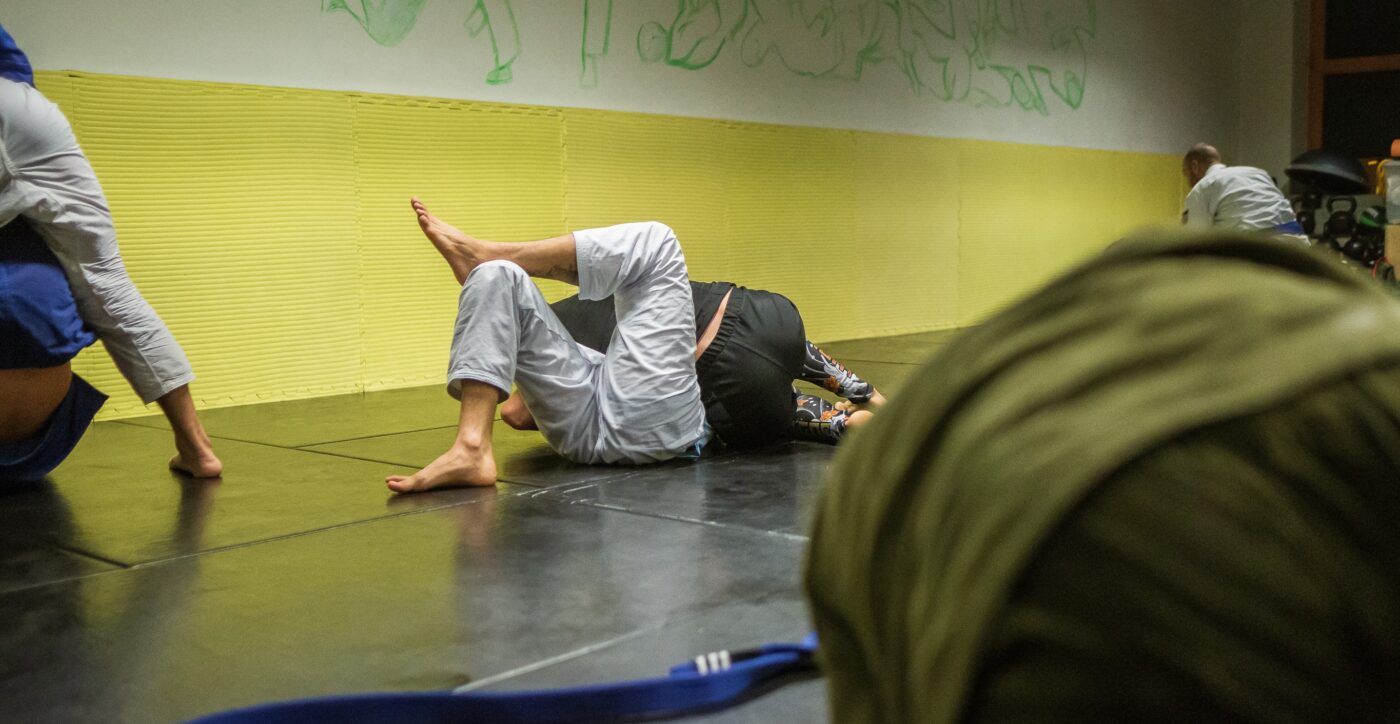
Points
Unless you are fighting in a submission only tournament, you will need to adhere a point system. When you roll in class, it really doesn’t matter if you give up a dominant position. Or if you go for an attack and your partner manages to escape. It’s all good. Nothing happened. Keep rolling.
In a tournament, something like that can cost you the match. The advice that I got was to stay in a dominant position once I get there. Now, of course this doesn’t set the scene for an explosive fight. In most tournaments, positional advantage is valued higher than going for submissions. This means that you will have to modify your game for the specific ruleset, gauging what decision to make moment by moment. For example:
Pass the guard and go into mount = 7 Points
Pass the guard and go for armbar = Either submission OR nothing + getting swept (2 Points for your opponent)
Your decision will also depend on how much time is left on the clock, how much gas you have left in the tank and how many points you and your opponent have.
Here is an overview of the basic BJJ scoring system:
Takedown – 2 Points
Sweep – 2 Points
Knee On Belly – 2 Points
Guard Pass – 3 Points
Mount/Back Take – 4 Points
Visualize Your Success
A few years ago, I read a phenomenal book about visualization for athletes. The book is called “10 Minute Toughness” by Dr. Jason Selk. Dr. Selk is a sports-psychologist from the US, who got hired by the St. Louis Cardinals as a mental coach and helped them win their first World Series title in over 20 years. What is interesting here, is HOW he managed to do it.
Apart from breathing exercises, Dr. Selk would have the athletes visualize their success. Every single player created a personal highlight reel in their head. If you repeatedly keep seeing yourself succeeding in your own mind, it won´t be long until you start experiencing success in the outer world. To get a taste of Dr. Selk’s fascinating body of work, you can watch his speech on “The Mental Workout” in the following video:
Muhammad Ali knew the value of visualization instinctively and thus came up with, the now legendary words: “float like a butterfly, sting like a bee”. These words reflect how he wanted to fight in the ring, staying light on his feet and firing his shots with venom at the right time. When it comes to visualization and believing in yourself, Ali is a well of endless inspiration and if it served him well, it has the potential to work for everyone of us.
If you are curious about optimizing your performance, you can try this out for yourself and see if it works. In Jiu-Jitsu you can choose a performance statement for every position you are in. If you’re passing guard, you could be thinking “Feint, change angles, weight on opponent”. You can adapt and change this, depending on what you want to do. If you want to use pressure passing, your performance statement will probably be different.
In my opinion, the psychological aspects of athletic performance are overlooked by most practitioners and coaches. The book quotes a study, which found that every minute of visualization is like 7 minutes of practice. If you have ever seen the movie Pumping Iron, you might be familiar with the scene, where Arnold talks about a similar idea. In the following video you can see him describing the mind-muscle connection and having your mind “inside the muscle”.
It is basically the same concept, applied to a different situation. Whether you lift weights, play golf or practice Jiu-Jitsu, you will get better results when your mind is actively engaged and present.
That is it! Our short list of advice for anyone who wants to compete for the first time. Have you competed before? What would you add to this list? Let us know in the comment section below.
